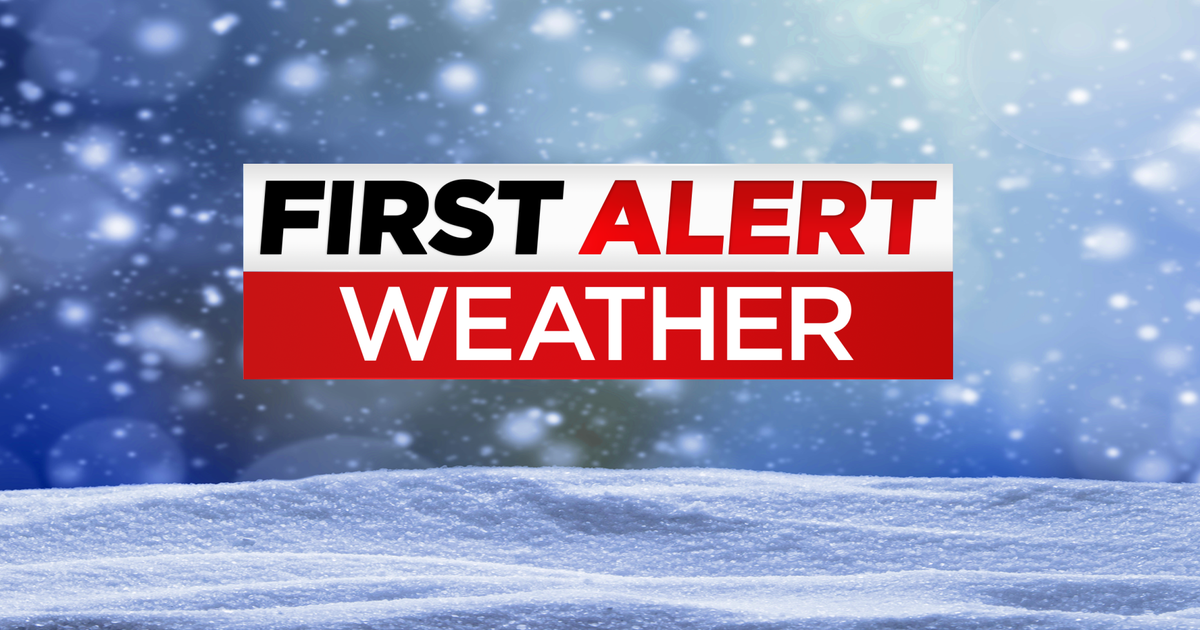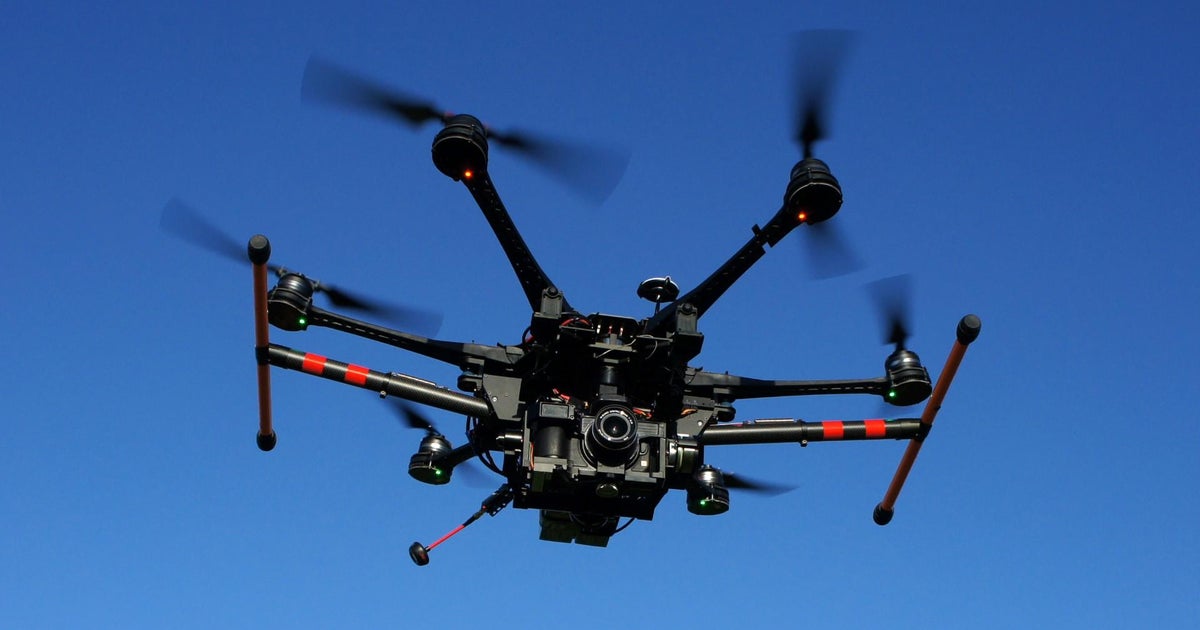NYC Virus Hunters in search of bird flu get their hands dirty in Central Park. Here's why.
NEW YORK -- Concerns recently over the spread of bird flu into dairy cattle, and subsequently human dairy workers, has made the work of one group of New York City high school students even more important.
The New York City Virus Hunters are getting their hands dirty to find out which little birdies might be carrying a deadly disease. Strolls through Central Park spark excitement when the group finds a fresh splatter.
High schoolers scoop poop in search of bird flu
Mount Sinai and BioBus pay high school students as Junior Scientist interns, who scoop up poop in search of sickness.
"Really the most important thing is just making sure it's fresh, it's not dried up," explained Kailani Gaynor as she collected a sample.
As a haven for both local and migratory birds, Central Park is a unique study of an urban environment.
"We try not to collect it too close because we want to spread it out, make sure it's from different birds so that we get a variety," said Kadiatou Kante.
"We would look around to see what kind of birds are surrounding where we collected the data," continued Sadia Choudhury.
Project supported by National Institutes of Health
The project started in 2020 with support from the National Institutes of Health and aims to better understand how bird flu can adapt and fly between species.
"It does not mean it's dangerous for humans right now, but we want to make sure we collect as much data as possible and early enough so we can actually assess the risk," said BioBus director of community service Dr. Christine Marizzi.
As they take their samples back across the street to Mount Sinai's Krammer Lab, the Virus Hunters mix up a solution to start to see the differences in DNA with help from lead scientist Philip Meade, PhD, a Post-Doctoral Fellow.
"If we have something that's real, then we'll get the full genetic sequence, the whole genome of the virus, so we can do analysis on it," Meade said.
Important to learn bird flu's impact on pets
Meade said he is more worried about the spread in dairy cows than the jump to their handlers, as it is important to understand the potential for pets, especially in parks.
"Cows are more similar to humans than birds are to humans," Meade said, "and the virus having extra time and basically reps to acquire adaptations for mammals is something that we really have to keep an eye on."
Out of more than 1,900 samples collected over one year, from feces, plus water where winged beings gather and patients at the Wild Bird Fund, the Virus Hunters found H5N1 in six birds, including three geese and a sick chicken in Upper Manhattan, but none of the droppings proved to be positive for flu.
Their research was recently published in the American Society for Microbiology's Journal of Virology.
The next NYC Virus Hunters group starts in the fall with six new students.
Have a story idea or tip in Harlem? Email Jessi by CLICKING HERE.




